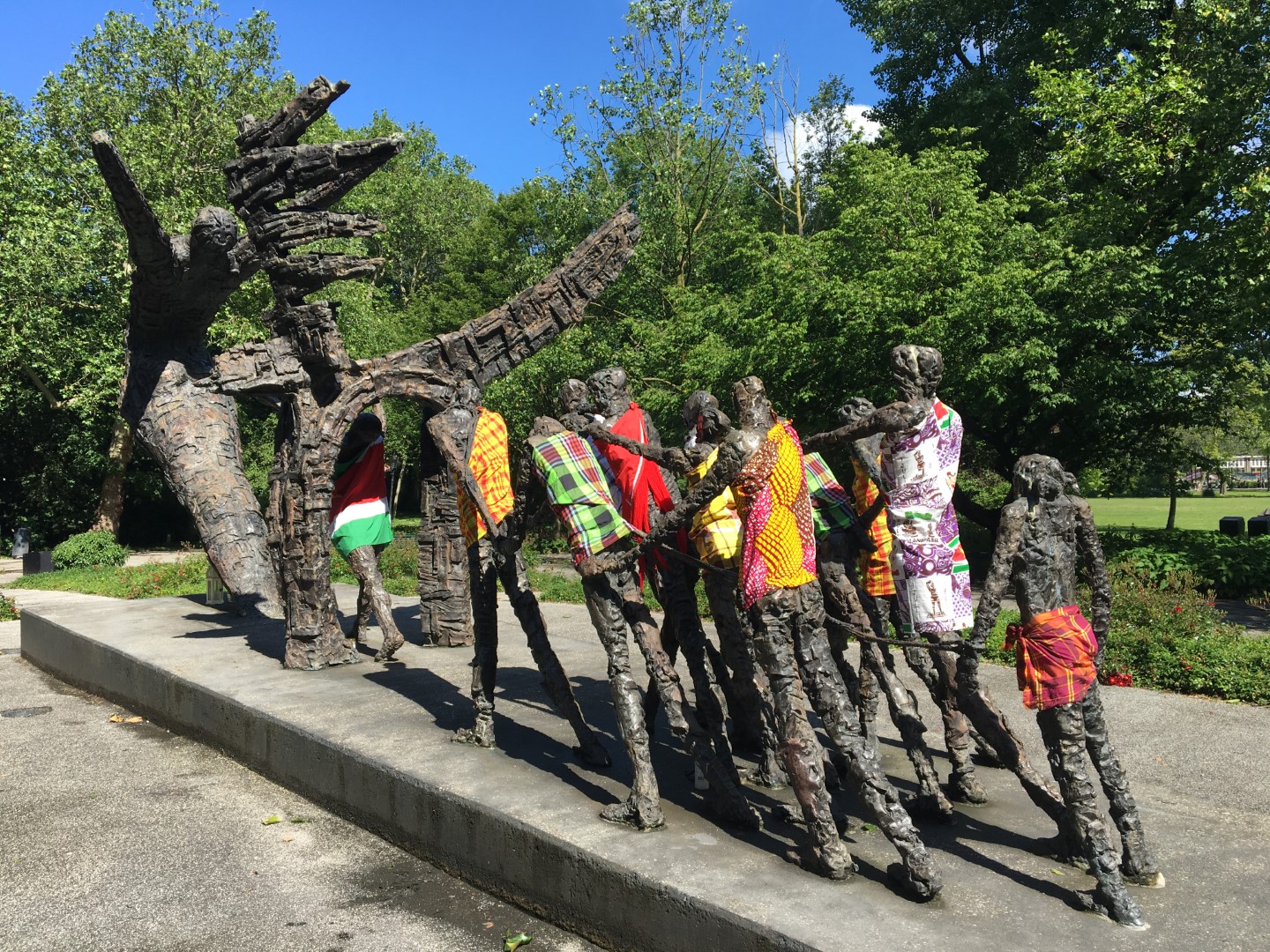Martin Bosma’s invitation to slavery event is withdrawn

The committee which organises the annual ceremony to mark the end of slavery in the Netherlands has withdrawn the invitation extended to Martin Bosma, the chairman of the lower house of parliament, because of his affiliation with the far-right PVV.
Linda Nooitmeer, chairwoman of the Dutch slavery institute, told broadcaster NOS the invitation had been withdrawn after talks between her and Bosma on Wednesday morning. Bosma said afterwards the talks had been “useful” but declined to go into details.
Nooitmeer had travelled to The Hague to ask Bosma to reconsider his decision to attend. She had earlier written to him asking him to show respect for the descendants of enslaved people at the ceremony.
Bosma has been highly critical of the event and the PVV election manifesto called for the formal apology for the Dutch role in slavery to be withdrawn. He also called Tula, a slave who led an uprising against the Dutch and has only recently been rehabilitated, a “racist murderer”.
Earlier this month some 35 organisations and more than 150 private individuals signed a petition calling on Bosma not to attend the ceremony in Amsterdam on July 1. The chairmen of both houses of parliament are always in attendance.
Amsterdam mayor Femke Halsema said last month that she understood the issues but that she did not agree with the campaigners.
“It is of great importance that the most important political organ in the country is represented,” she told the city council. “You should not make it political. This time round it is this chairman, next time it will be someone else.”
Keti Koti – which means “the chains are broken” in the Surinamese language Sranantongo – has been commemorated every year in Amsterdam on July 1 since the national memorial to slavery was put up in the park in 2002.
Slavery was finally abolished in the former colonies of Suriname and the Dutch Antilles on July 1, 1863.
Slavery and the Netherlands: what you need to know
However, slaves in Suriname were only fully freed in 1873, since the law stipulated that there was to be a mandatory 10-year transition period. Owners were also paid compensation of 300 guilders for every enslaved person they released.
Thank you for donating to DutchNews.nl.
We could not provide the Dutch News service, and keep it free of charge, without the generous support of our readers. Your donations allow us to report on issues you tell us matter, and provide you with a summary of the most important Dutch news each day.
Make a donation